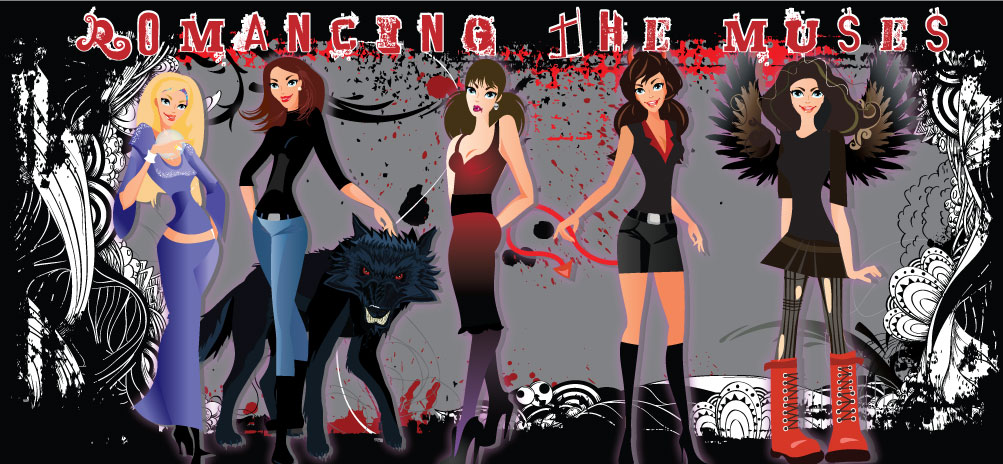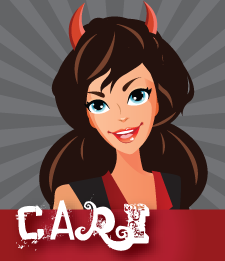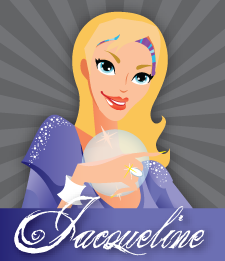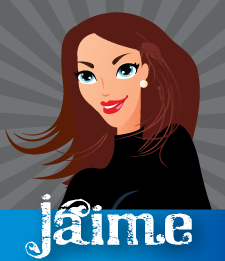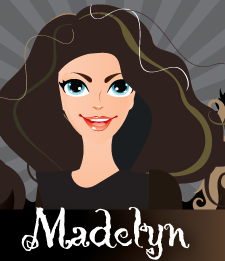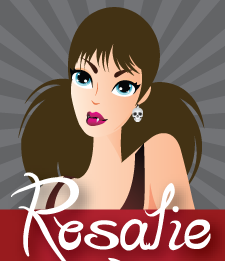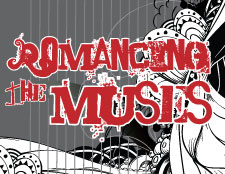Recently I did something that I was probably crazy to do -
my time is so limited on a normal basis that when I pondered
this idea I left out 'sleep time' on the list of calculations.
But I did it and as soon as I recoup from too many late
nights and not enough sleep I may still do the happy dance.
What did I do?
I took some previously published works and put them together
and brought them back out through Amazon. Doesn't sound
complicated I know, but trust me I have a new found respect
for what our publishers do for us as writers.
There were hitches along the way - I didn't read html (required for some
formatting) and I'm not a cover artist - not to mention I am in no way shape or form an
editor. In fact I cherish editors for taking my ramblings and
honing in on the good parts and weeding out the stuff that shouldn't
be there.
The result of my hard work was this : Two books. One with two related
novellas (previously published) and a third related story added to make
it a complete mini-serious under one cover. The second book with
a popular (previously published) story and then a second story of
related topic but not connected.
I hired an editor for the two new stories, deciding that the other three
had already undergone several rounds of edits, line edits and copy edits -
and surely there would be no more editing required after all of that, after all
in reviews no one had ever mentioned a problem with it while they were
on the book shelf. As I said before I am no editor and while I can spot the
obvious issues all the little rules still escape my attention. I did re-read my
own stories and if I changed anything it wasn't something that would affect
it as far as editing goes.
So after four months of taking on this extra brilliant idea, I heaved a huge sigh
of relief when the second one came out a month after the first. Then I moved onto
a month long tour for both to "get them out there".
Not all things are going as well as I'd hoped...
According to reviews, the stories are loved, plots are original and
intriguing, characters are rooted for ... but editing falls way below the
standard. I was shocked and needless to say a little miffed by this.
I trust the reviewers would know good or bad editing, as they read
numerous books and would see when editing falls short.
Where do I go from here? Is what I've been wondering for the last
few weeks. If it were my car or any other product you can bet your
last dollar that I'd be demanding it be done properly - but how do
you go about demanding your words be fixed right this time? Was it the
first editors that made the error or the service I paid quite a piece of
cash for? I haven't determined the answer to that one yet and a part of
me doesn't want to know. I had three people, including myself read
these works in their completed form prior to releasing them - so are we
just blind or are the reviewers extremely picky? Again, I don't know.
Do I write a huge disclaimer stating 'editing may or may not be present' or
just chalk it up to a valuable lesson and carry on from there? As writers /
authors we are trusted that our works are 'original' and in no where 'borrowed'
from others ... so shouldn't we be able to trust the editing that it is complete
and done properly? I would like to think so, but again maybe I'm just
reaching too high.
This won't deter me from doing this again in the future, if the opportunity
arises - I will however have to find a way to ensure the editing has been done
... well, I'll work on that issue when it comes around again.

For now, I am just going to focus on the crazy tour schedule, the three
contracts I signed, NaNoWriMo, polishing my two WIPS, my work
schedule and of course my family ... maybe sleep somewhere in all of that too.
*pats self on shoulder for not turning this into a rant*
:)
my time is so limited on a normal basis that when I pondered
this idea I left out 'sleep time' on the list of calculations.
But I did it and as soon as I recoup from too many late
nights and not enough sleep I may still do the happy dance.
What did I do?
I took some previously published works and put them together
and brought them back out through Amazon. Doesn't sound
complicated I know, but trust me I have a new found respect
for what our publishers do for us as writers.
There were hitches along the way - I didn't read html (required for some
formatting) and I'm not a cover artist - not to mention I am in no way shape or form an
editor. In fact I cherish editors for taking my ramblings and
honing in on the good parts and weeding out the stuff that shouldn't
be there.
The result of my hard work was this : Two books. One with two related
novellas (previously published) and a third related story added to make
it a complete mini-serious under one cover. The second book with
a popular (previously published) story and then a second story of
related topic but not connected.
I hired an editor for the two new stories, deciding that the other three
had already undergone several rounds of edits, line edits and copy edits -
and surely there would be no more editing required after all of that, after all
in reviews no one had ever mentioned a problem with it while they were
on the book shelf. As I said before I am no editor and while I can spot the
obvious issues all the little rules still escape my attention. I did re-read my
own stories and if I changed anything it wasn't something that would affect
it as far as editing goes.
So after four months of taking on this extra brilliant idea, I heaved a huge sigh
of relief when the second one came out a month after the first. Then I moved onto
a month long tour for both to "get them out there".
Not all things are going as well as I'd hoped...
According to reviews, the stories are loved, plots are original and
intriguing, characters are rooted for ... but editing falls way below the
standard. I was shocked and needless to say a little miffed by this.
I trust the reviewers would know good or bad editing, as they read
numerous books and would see when editing falls short.
Where do I go from here? Is what I've been wondering for the last
few weeks. If it were my car or any other product you can bet your
last dollar that I'd be demanding it be done properly - but how do
you go about demanding your words be fixed right this time? Was it the
first editors that made the error or the service I paid quite a piece of
cash for? I haven't determined the answer to that one yet and a part of
me doesn't want to know. I had three people, including myself read
these works in their completed form prior to releasing them - so are we
just blind or are the reviewers extremely picky? Again, I don't know.
Do I write a huge disclaimer stating 'editing may or may not be present' or
just chalk it up to a valuable lesson and carry on from there? As writers /
authors we are trusted that our works are 'original' and in no where 'borrowed'
from others ... so shouldn't we be able to trust the editing that it is complete
and done properly? I would like to think so, but again maybe I'm just
reaching too high.
This won't deter me from doing this again in the future, if the opportunity
arises - I will however have to find a way to ensure the editing has been done
... well, I'll work on that issue when it comes around again.

For now, I am just going to focus on the crazy tour schedule, the three
contracts I signed, NaNoWriMo, polishing my two WIPS, my work
schedule and of course my family ... maybe sleep somewhere in all of that too.
*pats self on shoulder for not turning this into a rant*
:)
